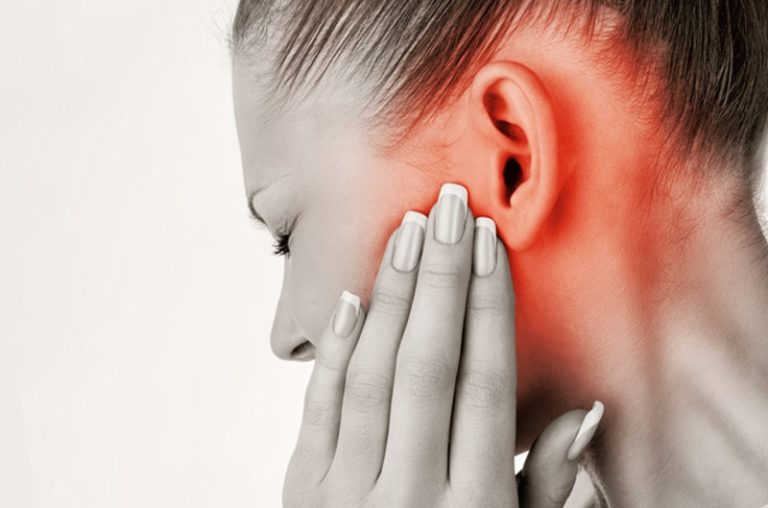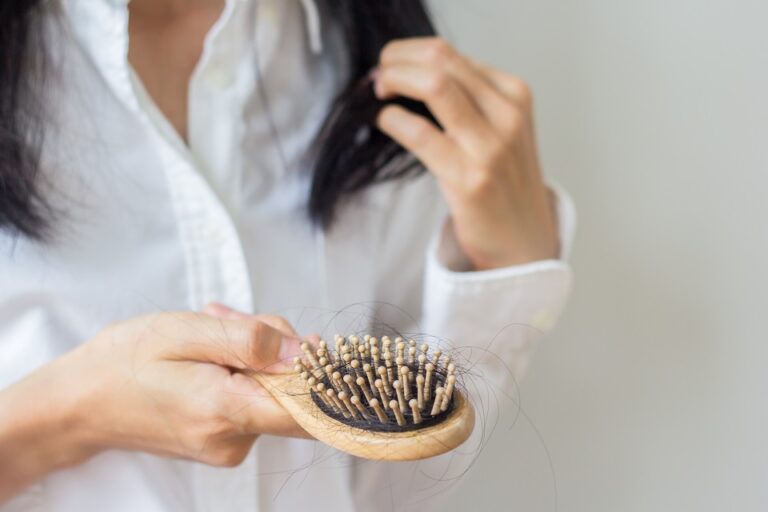
As humans, we’re all creatures of habit. But often times, habits—smoking, drinking, slamming snooze (twice) every morning—are frowned upon. Not all habits, however, are negative. In fact, some can actually improve your life. Don’t believe us?
We consulted with a pantheon of doctors to find out which tricks you should take up as soon as possible. Read on for the habits approved by medical professionals!
Take all (or most) of your vacation days
You don’t need us to tell you that Americans are more stressed than ever these days—or that it can be tough to unwind and alleviate any anxiety built up over the course of a day, a week, or even a month. Still, recent research suggests that more than half of all Americans don’t take advantage of all of their allotted vacation days.
Glenn H. Englander, MD, a physician at GastroGroup of the Palm Beaches in Florida, urges that, if you have the vacation time stocked up, you should put it to good use—for the sake of your health. Not only is taking a trip a total blast, but the American Institute of Stress names workplace stress as a top factor for poor health.
Kick back in a sauna
The sauna is more than just a place to let your muscles relax after a grueling workout. “Saunas help the body detoxify—remember, the skin is the largest elimination organ—and have been shown to reduce stress and the risk of strokes,” says Dr. Richard Harris, the founder of Salutem Magnam, a Houston-based wellness clinic. “Saunas cause the body to increase a specific protein, called ‘heat shock’ proteins, which have numerous health benefits.”
What’s more, according to a 2018 study published in Mayo Clinic Proceedings, saunas can help improve cardiovascular function, change your lipid profiles for the better, and reduce arterial stiffness and blood pressure levels.
Drink water when you get hungry
“When I feel hungry, I drink water. If I drink water before I eat, I do not eat as much—and it prevents thirst,” says Dr. Monique May, a board-certified family physician in Memphis, Tennessee. By the time you feel thirsty, that means you’re “actually already dehydrated,” says May. Stay ahead of the game by chugging a glass of water every time you crave a snack. And if you’re still hungry 20 minutes after that—the generally accepted time it takes for your brain to “catch up” to your stomach—then reach for a bite.
In fact, drink more water in general
However much water you’re drinking, you’re not drinking enough. You’ve no doubt heard the advice, “drink eight 8-ounce cups a day.” But you actually want to drink at least 50 percent more than that. In fact, the Mayo Clinic goes so far as to recommend that women drink around 11 cups of fluid per day, while men should consume a whopping 15. (To be fair, “fluid” includes any liquids that are in your food, too.)
If tracking by exact numbers isn’t your thing, however, there’s an easier test to ensure you’re not dehydrated: “I stay well-hydrated by drinking enough water each day so that my urine is clear and not dark yellow,” says May.
Always wear sunglasses—even if it’s cloudy
If it’s sunny out, you should wear sunglasses. Cloudy? Yep, you should still wear sunglasses. Drizzly? Rainy? Snowy? Yep, yep, and yep. According to optometrists at the Glenmore Landing Vision Center, both ultraviolet A and ultraviolet B rays are present on overcast days. If you’re outside in any capacity, be sure to protect your eyes.
Shop at the edges of the grocery store
How is your grocery store laid out? Does the natural flow direct you toward the center, where all the chips and cookies and other processed foods are? Well, there’s an easier, healthier, doctor-approved way to shop. “I try to stick to the edges of the store,” says Jessalynn G. Adam, MD. “This is where all of the fresh and unprocessed ingredients are.”
Go green
Sorry, but your parents were spot-on with that whole “eat your veggies” thing. As the U.S. Department of Agriculture says, fruits and veggies are loaded with essential nutrients, like dietary fiber, potassium, folic acid, and vitamins A and C. What’s more, they lack any unhealthy additives, and can easily slate into any diet. “I make sure to eat at least five servings of fruits and veggies every day,” says Lisa Doggett, MD. “And usually a lot more than five!”
Write down every single thing you eat
Whether you use an app or a simple pen and paper, writing down everything you eat—and, yes, we mean everything—can make a huge difference in how you approach your diet. As Marissa Wertheimer, M.S., told My Southern Health, keeping strict track of what she consumes has make a huge difference in helping her maintain a healthy diet.

























